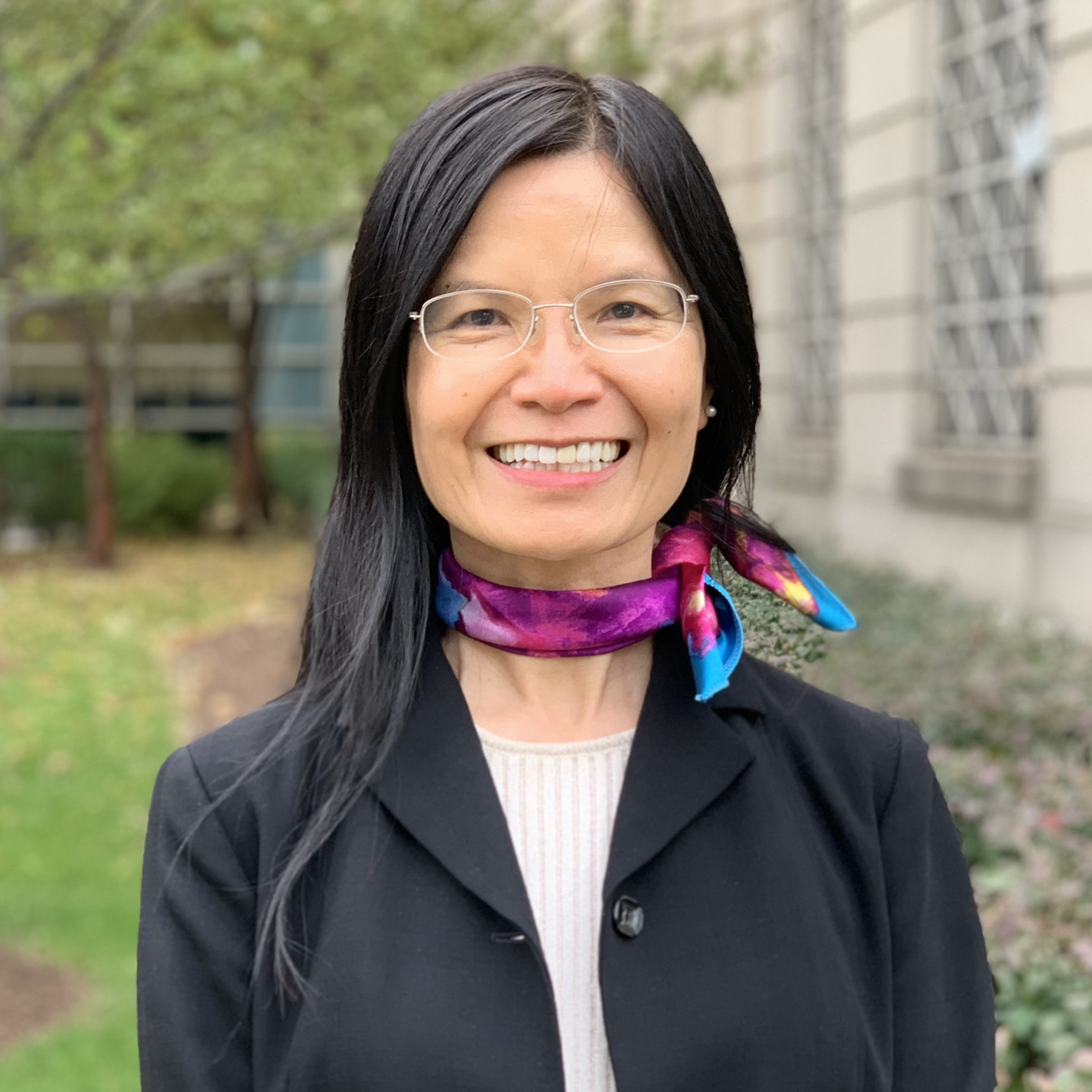Huey-Meei Chang is a Senior China S&T Specialist at Georgetown’s Center for Security and Emerging Technology (CSET). She earned a B.S. in mathematical statistics from National Taipei University and began her career in Taiwan’s Academia Sinica, Institute of Biomedical Sciences as a data analyst. She later emigrated to the United States, where she taught Chinese language document analysis at U.S. Government agencies for 12 years prior to joining CSET in 2019. Huey is co-editor of Chinese Power and Artificial Intelligence: Perspectives and Challenges (Routledge, 2023), a co-author of China’s Quest for Foreign Technology (Routledge, 2021), and author of multiple papers on Chinese technology transfer and artificial intelligence. Her recent work focuses on China’s brain-inspired and advanced AI.
Related Content
The celebrated return to China of its overseas scientists, as evidenced in the recent case of physicist Gao Huajian, is typically cited as a loss to the United States. This report argues a contrarian view… Read More
Bibliometric Analysis of China’s Non-Therapeutic Brain-Computer Interface Research
March 2024China’s brain-computer interface research has two dimensions. Besides its usual applications in neuropathology, China is extending the benefits of BCI to the general population, aiming at enhanced cognition and a “merger” of natural and artificial… Read More
An expert assessment of Chinese scientific literature validates China's public claim to be working toward artificial general intelligence (AGI). At a time when other nations are contemplating safeguards on AI research, China’s push toward AGI… Read More
In late 2020, China established the Beijing Institute for General Artificial Intelligence, a state-backed institution dedicated to building software that emulates or surpasses human cognition in many or all of its aspects. Open source materials… Read More
China is following a national strategy to lead the world in artificial intelligence by 2030, including by pursuing “general AI” that can act autonomously in novel circumstances. Open-source research identifies 30 Chinese institutions engaged in… Read More
The transfer of national security relevant technology—to peer competitors especially—is a well-documented problem and must be balanced with the benefits of free exchange. The following propositions covering six facets of the transfer issue reflect CSET’s… Read More
Open source intelligence (OSINT) and science and technology intelligence (STI) are realized differently in the United States and China, China putting greater value on both. In the United States’ understanding, OSINT “enables” classified reporting, while… Read More
Since 2016, China has engaged in a nationwide effort to "merge" AI and neuroscience research as a major part of its next-generation AI development program. This report explores China’s AI-brain program — identifying key players… Read More
China is broadening its deeply rooted technology transfer practices to include artificial intelligence. As these efforts bear fruit, we discuss how the United States can and should respond. Read More

